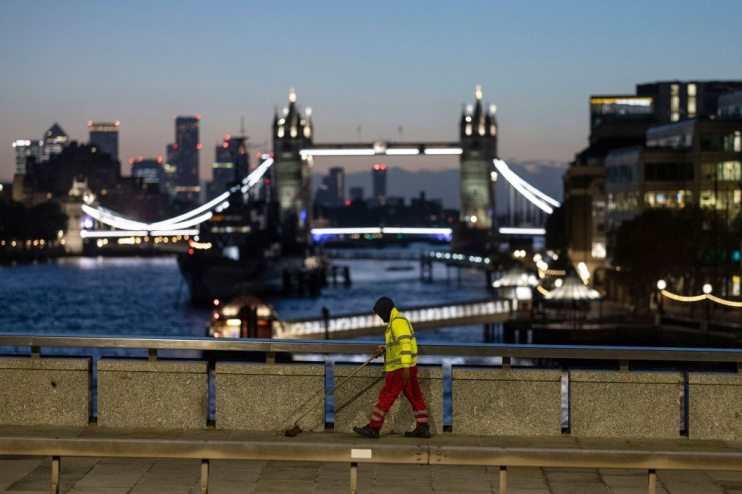Minimum wage set to rise to £9.50 per hour

The National Living Wage will increase from £8.91 per hour to £9.50 in the Budget this week.
The 59p an hour boost means a full-time worker on the National Living Wage will see a pay rise of more than £1,000 a year.
This is a 6.6 per cent increase in the minimum wage, which is more than twice the current consumer price inflation rate of 3.1 percent.
The National Living Wage was first introduced in 2016 and sets the minimum hourly pay a person over the age of 23 can earn when working.
Chancellor Rishi Sunak has confirmed the increase ahead of the Budget, arguing that the government was “on the side of workers”.
He said, “This wage boost ensures we’re making work pay and keeps us on track to meet our target to end low pay by the end of this Parliament.”
The wage rise was recommended by campaign group the Living Wage Foundation.
The chancellor will also announce an 82p hourly wage rise for young people under the age of 23.
For people aged 21-22. the National Minimum Wage rate increases to £9.18 an hour, up from £8.36.
By contrast, Labour party members voted for a £15 minimum wage to be introduced last month.
The increases follow the government’s decision to increase national insurance payments for workers and employers.
They are being increased by 1.25 per cent in the lead up to a health and social care levy being introduced.
Households are also facing an economic squeeze from soaring energy costs and rising consumer prices.
The gas price crisis has led to 13 UK energy firms ceasing trading, and growing fears of an increased price cap next Spring.
Bank of England’s chief economist, Huw Pill, has warned that UK inflation is likely to hit or surpass five percent by early next year.